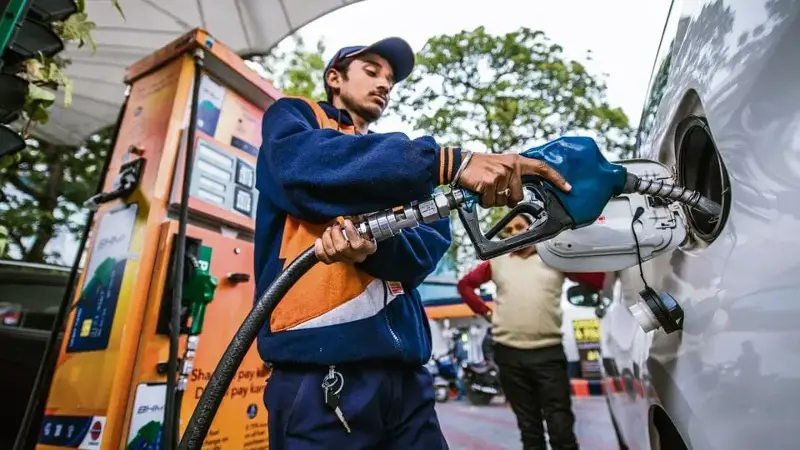
As India transitions to E20 petrol, many car owners have complained of a dip in fuel efficiency. However, the ethanol-blended fuel burns cleaner and reduces emissions. Ethanol-blended fuel has lower energy density, which means engines need to work harder to deliver the same performance.
However, there’s no need to panic. A few practical driving and maintenance habits can help offset this efficiency loss and even enhance your vehicle’s long-term performance. Here’s how:
Here are six practical tips to get the most out of your car’s fuel efficiency:
1. Keep tyres properly inflated
Tires are the foundation of fuel efficiency. When under-inflated, they create more rolling resistance, forcing the engine to work harder and consume extra fuel. Every car comes with a manufacturer-recommended tyre pressure value (usually printed near the driver’s door or fuel lid). Keeping tyres inflated to those levels helps balance grip, comfort, and mileage. Check the pressure at least twice a month or before long drives.
2. Drive smoothly, brake gently
Your driving style plays a major role in fuel consumption. Sudden bursts of acceleration or hard braking disrupt momentum and burn more fuel than steady driving. Anticipating traffic and maintaining a constant pace can improve mileage by up to 10–15 per cent in city conditions. Smooth driving also reduces stress on the brakes, tyres, and suspension, improving long-term performance.
3. Follow a consistent service schedule
A well-tuned engine consumes less fuel. Replacing dirty air filters, using fresh engine oil, and cleaning fuel injectors at recommended service intervals ensure optimal combustion. Ignoring maintenance leads to clogged filters, reduced airflow, and poor efficiency. A periodic check-up at an authorised service centre helps maintain consistent mileage, especially for vehicles running on E20.
4. Use the air conditioner wisely
Running the air conditioner continuously can lower mileage by up to 25 per cent, particularly on short city trips. When driving below 60–70 km/h, consider rolling down the windows for ventilation instead. On highways, however, keeping windows shut and using the AC moderately is more efficient due to reduced aerodynamic drag. Avoid setting the temperature to its lowest point; a medium temperature with higher blower speed keeps you comfortable without overloading the engine.
5. Avoid long idling
Letting your engine run while stationary wastes fuel without benefit. Modern engines are built to restart efficiently, so switching off during longer halts, like at traffic lights or while waiting in the car, can save fuel. Even avoiding five minutes of unnecessary idling per day adds up to meaningful savings over time.
6. Shed the unnecessary weight
Extra weight is an invisible mileage killer. According to the US Environmental Protection Agency (EPA), every additional 45 kg of load can cut fuel economy by about 2 per cent. Roof racks, unnecessary luggage, or heavy accessories increase inertia and rolling resistance. Keeping your SUV as light as possible helps improve performance and mileage.
Quick look: Fuel-saving tips
Following these six tips can help SUV owners adapt to E20 fuel efficiently, reduce fuel costs, and maintain their vehicle in optimal condition. Combining maintenance with smart driving habits ensures long-term performance and better mileage.
